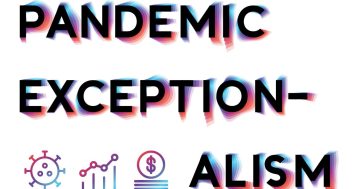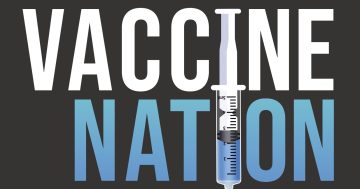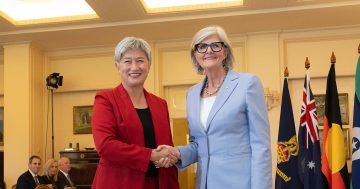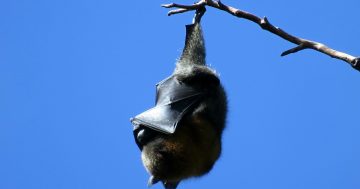 Western Australia’s State of Emergency and the Public Health State of Emergency, under the Public Health Act 2016, are to end this Friday (4 November).
Western Australia’s State of Emergency and the Public Health State of Emergency, under the Public Health Act 2016, are to end this Friday (4 November).
After this, the Department of Health will continue to manage the COVID-19 pandemic though appropriate policy settings, the WA Free RAT program and maintaining systems and procedures that allow for the swift re-establishment of testing and vaccination clinics, if required.
Premier, Mark McGowan said that as part of the transition away from the State of Emergency, Parliament had passed the Emergency Management Amendment (Temporary COVID-19 Provisions) Bill 2022.
“Under the new framework, if required, the State Emergency Coordinator can make a Temporary COVID-19 Declaration, which will come into effect only if the State Emergency Coordinator is satisfied that COVID-19 poses a risk to the safety of the community,” Mr McGowan said.
“If required, the framework can be used to implement measures such as mask wearing on public transport and in other settings, isolation requirements for individuals, enhanced cruise ship protocols and prohibitions to remote Aboriginal communities.”
He said the State’s management of the pandemic had resulted in very strong health and economic outcomes.
“This is evident in WA securing some of the world’s highest vaccination rates and a strong economy which remained opened during the pandemic, allowing for businesses to keep operating and retain local jobs,” Mr McGowan said.
He said the Government had commissioned an independent review of WA’s response and management of the COVID-19 pandemic.
“The independent review will ensure preparedness for future pandemics by considering programs and structures that performed effectively and identifying any areas for continuous improvement,” the Premier said.
“Further details of the review will be announced before the end of the year, and the report will support Western Australia’s input into any future Commonwealth-led review of the pandemic.”











